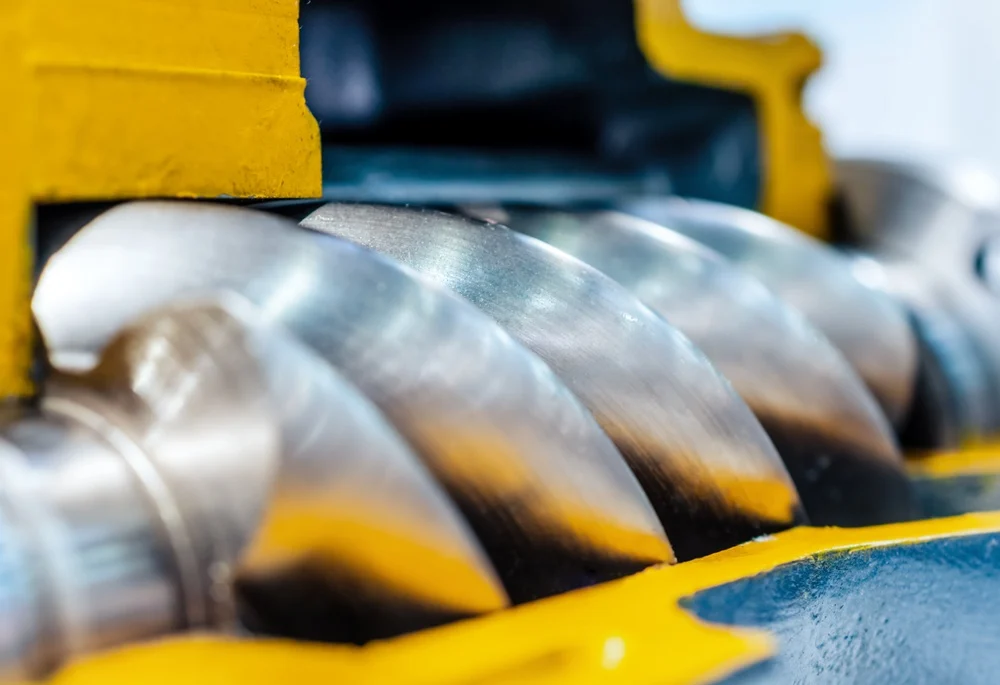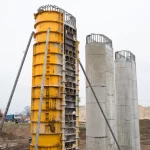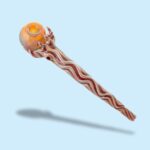Currently, three main types of compressors are on the market: diaphragm, piston, and screw compressors. Although piston compressors are quite popular, the screw compressor plays an important role and is gaining more and more space in the industry.
And this is no coincidence: although piston compressors are still used for industrial applications, few are manufactured with high powers capable of meeting the need for activities that consume large amounts of air. In this scenario, the screw compressor began to be used frequently in the food and beverage, petrochemical, military, aerospace, and automobile industries.
How Does The Screw Compressor Work?
Screw compressors from Fluid-Aire Dynamics for example can have electric or diesel engines. These motors activate a pair of screws, which move and guide the compressed air to the dispensing location. The main difference between this equipment and piston models is in the rotors, which are classified as male and female. Therefore, the structure of this compressor is simple, which is also an advantage, as it reduces the maintenance complexity.
What Types Of Screw Compressors Exist?
It is possible to find fixed or variable-speed screw compressors. The main differences between them are:
Fixed speed model: at Pressure, fixed speed screw compressors have between 10 and 30 hp of power. Therefore, they are recommended for industrial activities that require low power. There are models with base and base + dryer and with reservoir + dryer, as you can see in the table below:
Variable speed model: Pressure has variable speed compressors with power between 20 and 30 hp, suitable for large industries. It is controlled by a frequency inverter, which allows speed variation. Furthermore, it can also generate, treat, and store air in just one unit. In this case, we also have models that have a base and base + dryer and reservoir + dryer, as you can see in the table:
Screw X Piston: What Are The Differences?
In addition to power and rotors, other characteristics differentiate screw compressors from piston compressors. One of them is very popular due to the benefit it offers industries: reducing energy consumed.
The rotary screw air compressor consumes around 50% less electrical energy than a piston compressor. Overall, the total operation of these models is also 60% more economical, as oil changes are also longer (every 8,000 hours, compared to 200 hours for piston compressors).
Screw compressors are quieter, have simpler maintenance, have a longer lifespan, and do not vibrate during operation. In addition to all these features, the main aspect that makes these compressors stand out is fundamental: they are more efficient! And thus, they become the favorites of large industries.












